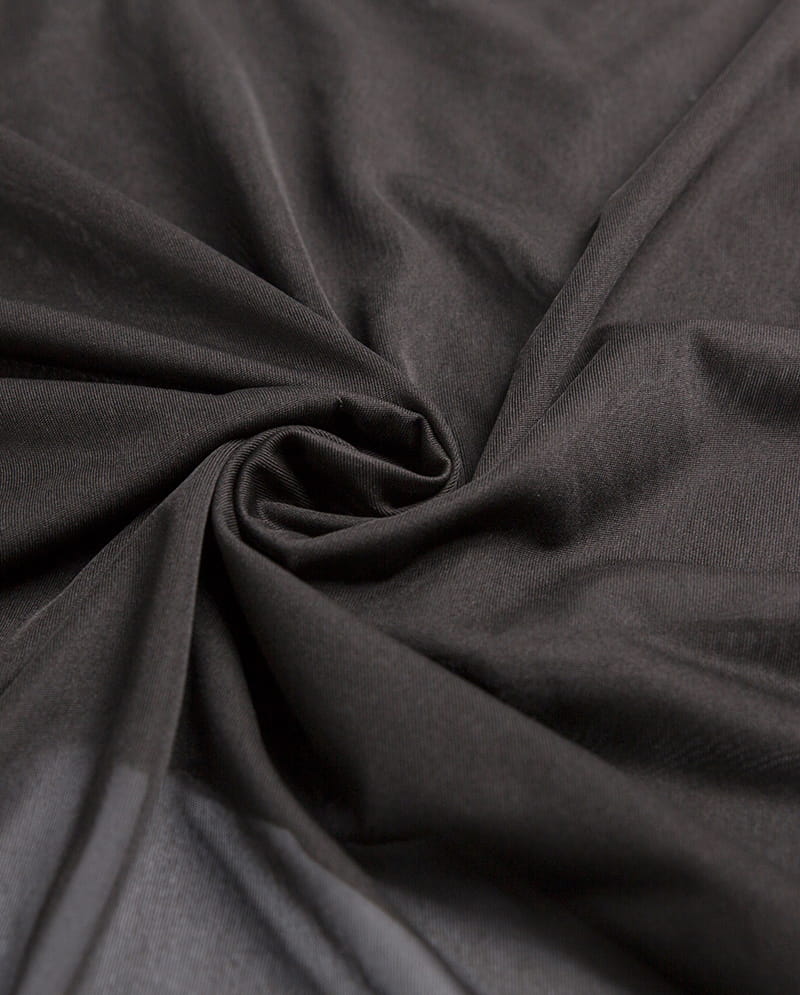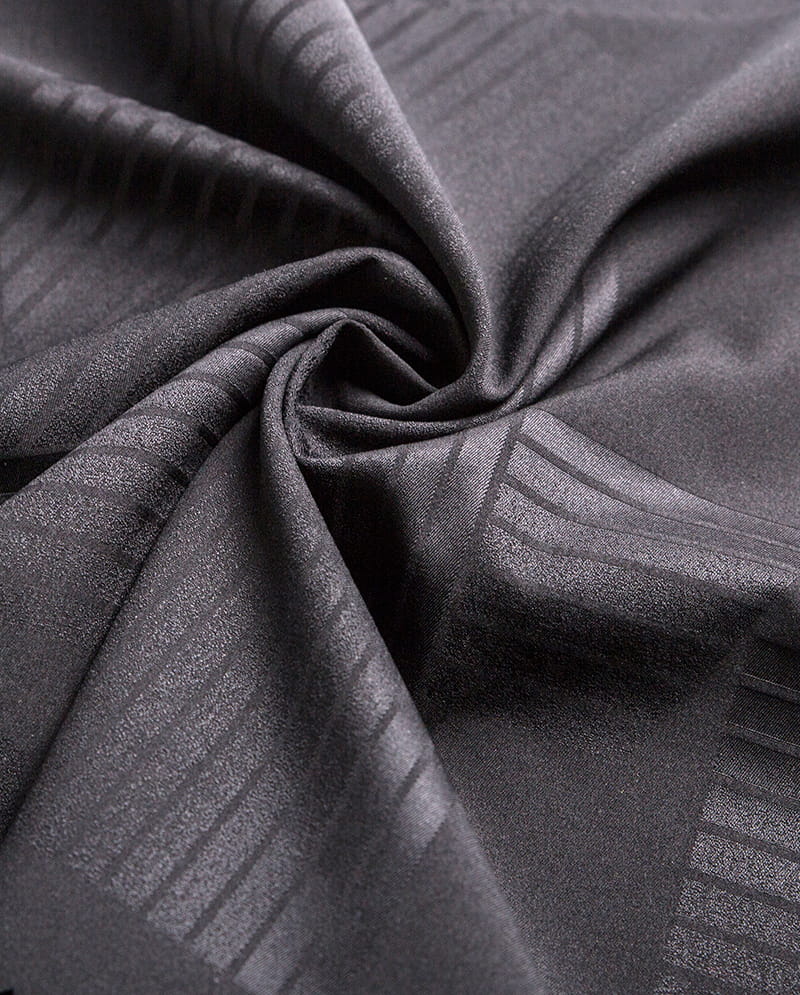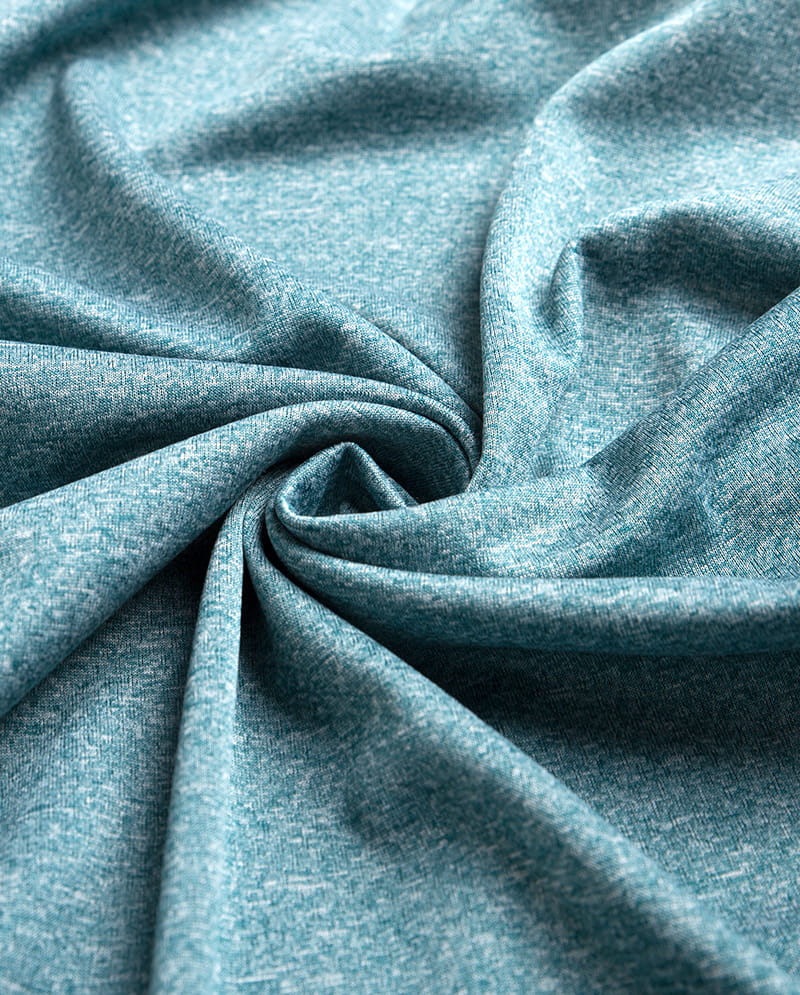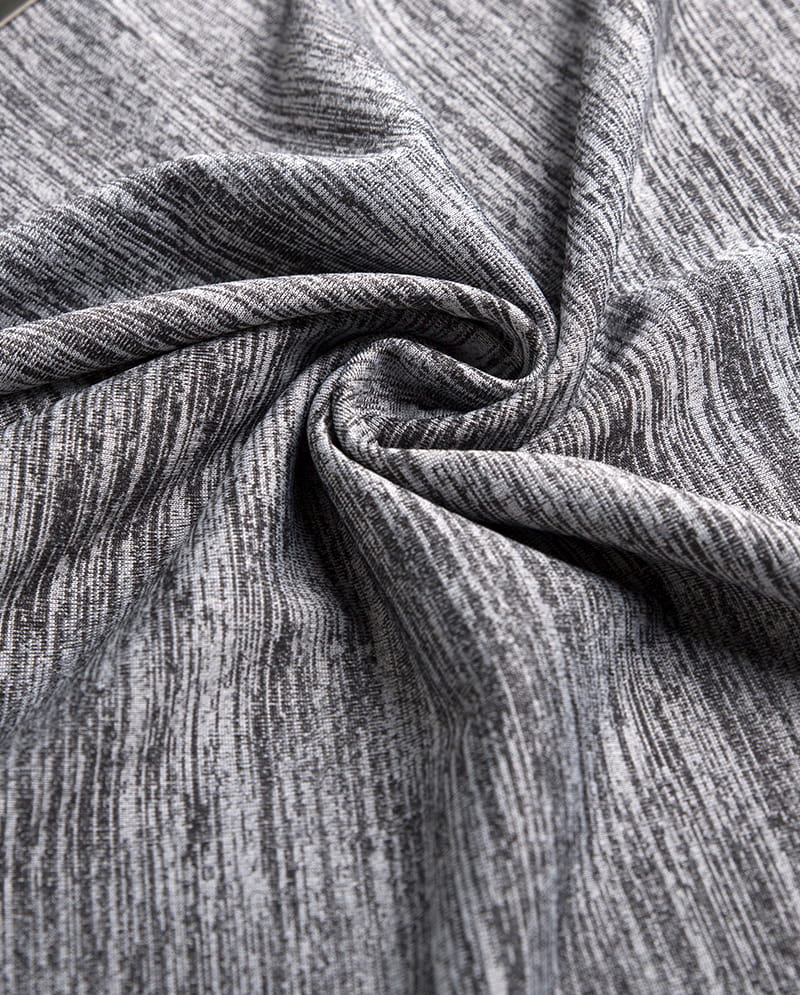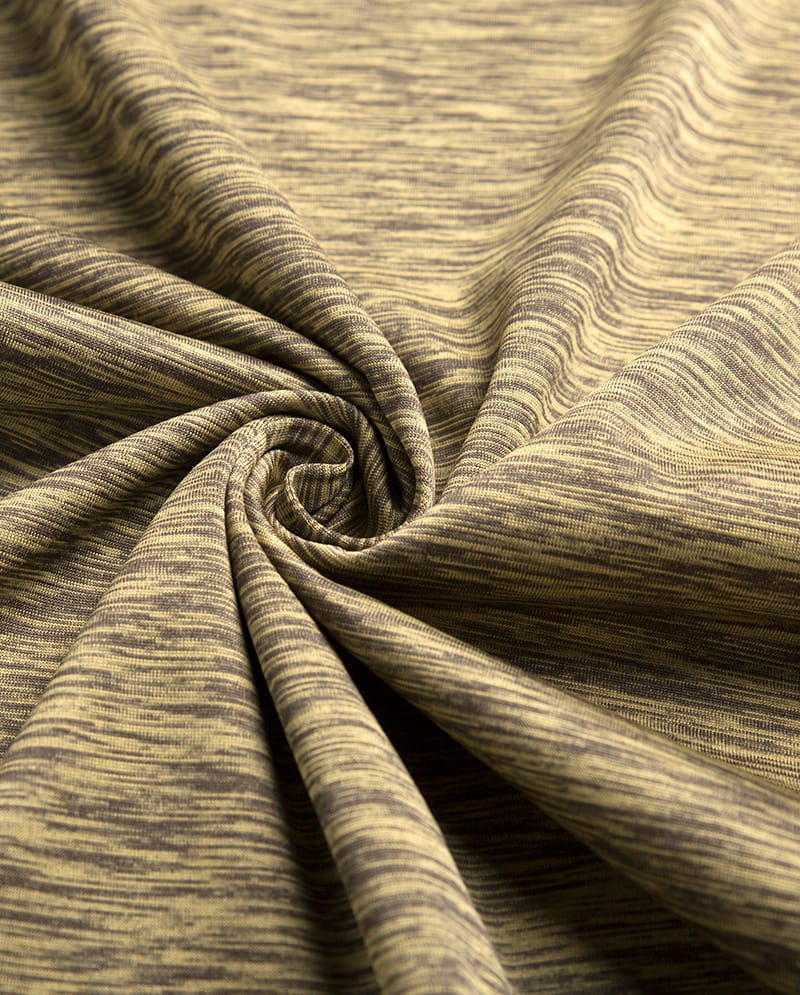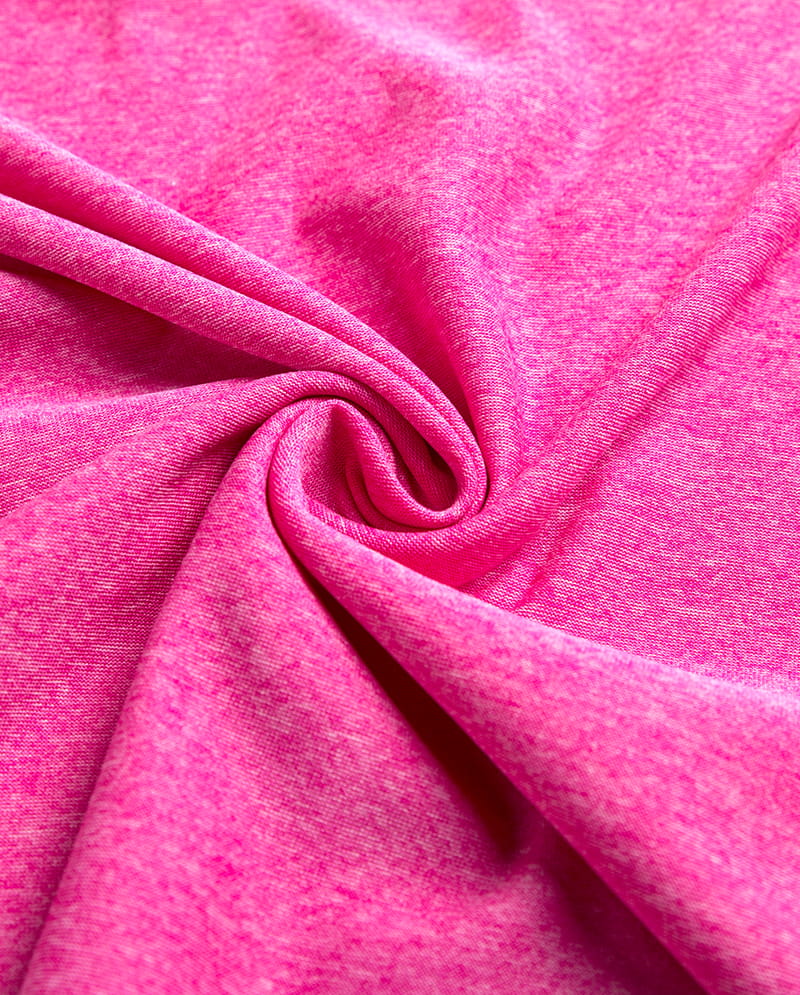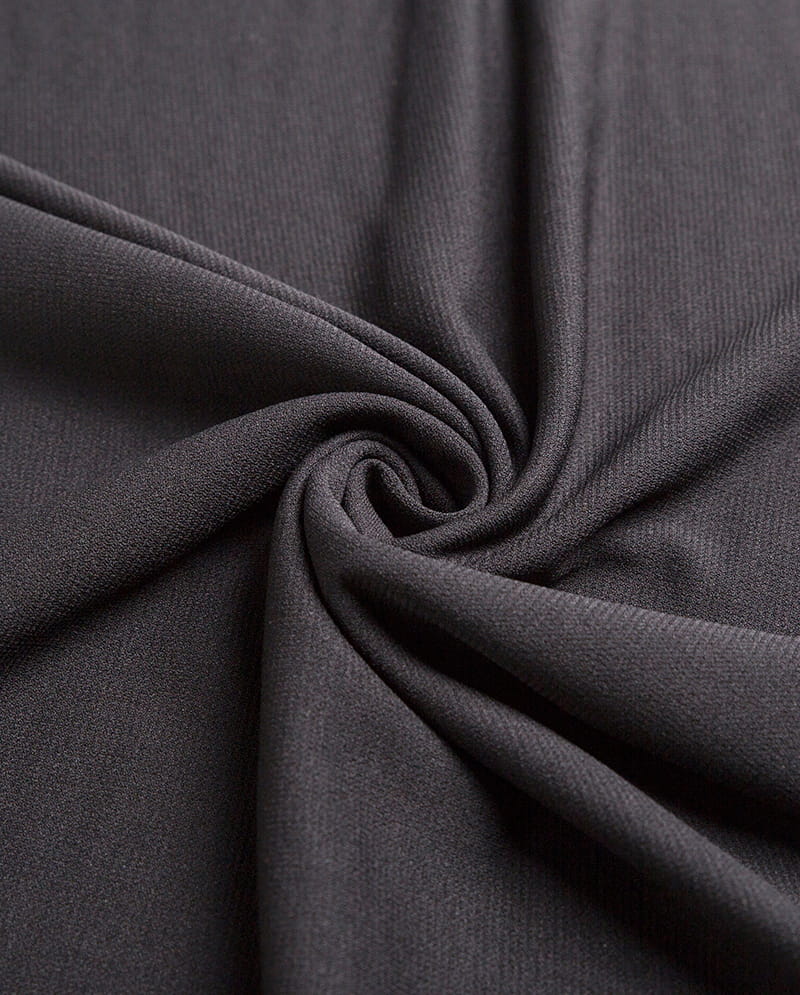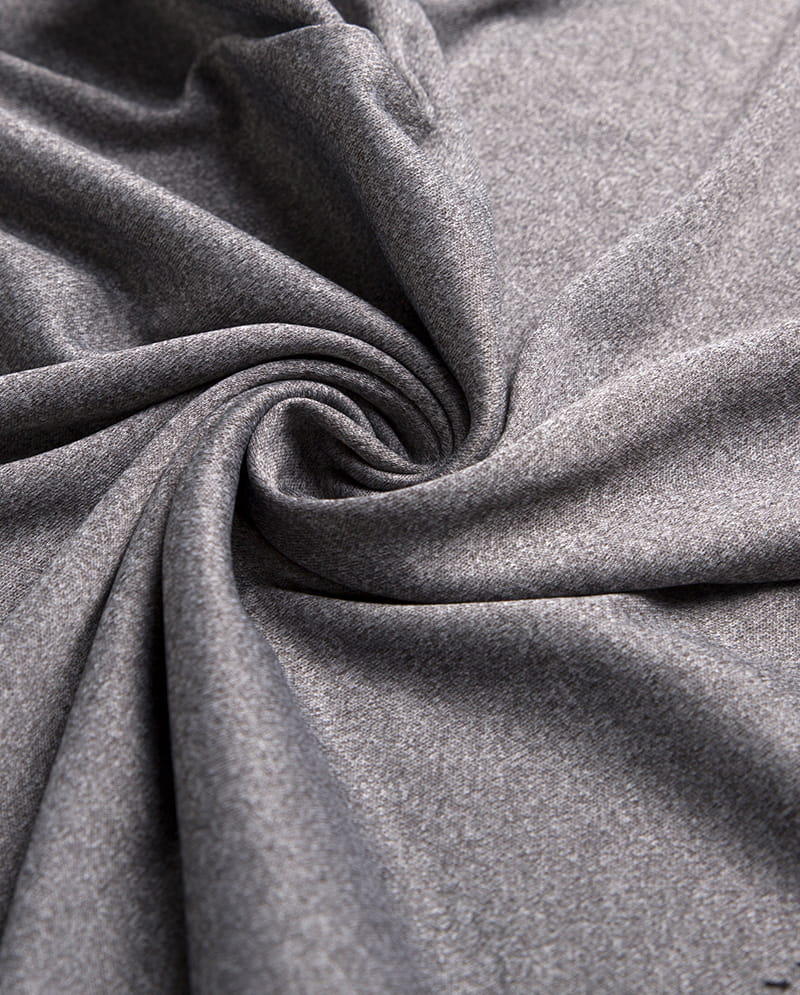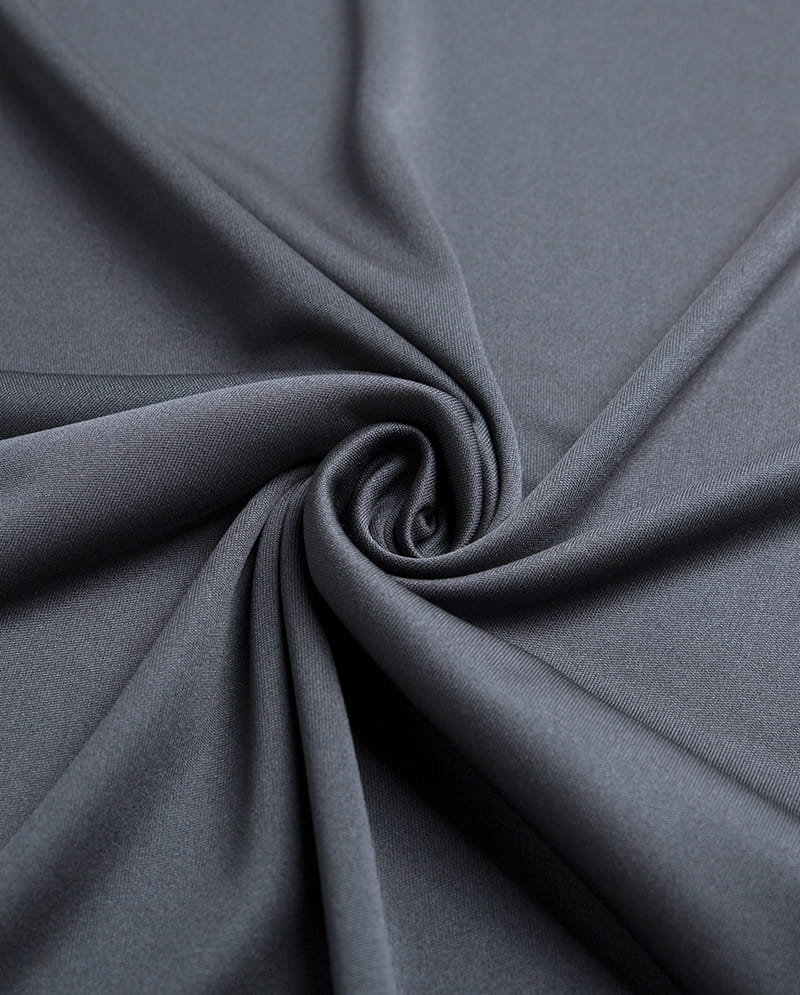Sustainability: innovative practices in the production and use of knitted fabrics
Author: admin / 2023-11-23
As people's awareness of environmental protection and sustainable development continues to increase, the textile industry is also actively exploring sustainable production and use methods. Innovative sustainable practices are gradually being applied in the production and use of knitted fabric. This article will introduce sustainable practices in the production and use of knitted fabrics, with a view to contributing to environmental protection and sustainable development.
Sustainable fiber applications
In order to reduce their impact on the environment, more and more knitted fabric manufacturers are turning to sustainable fibers. For example, organic cotton is a kind of cotton produced through organic cultivation without the use of chemical pesticides and chemical fertilizers, making it environmentally friendly. Recycled fibers, such as recycled polyester and regenerated nylon, are made by recycling and reusing waste fibers, reducing the consumption of natural resources.
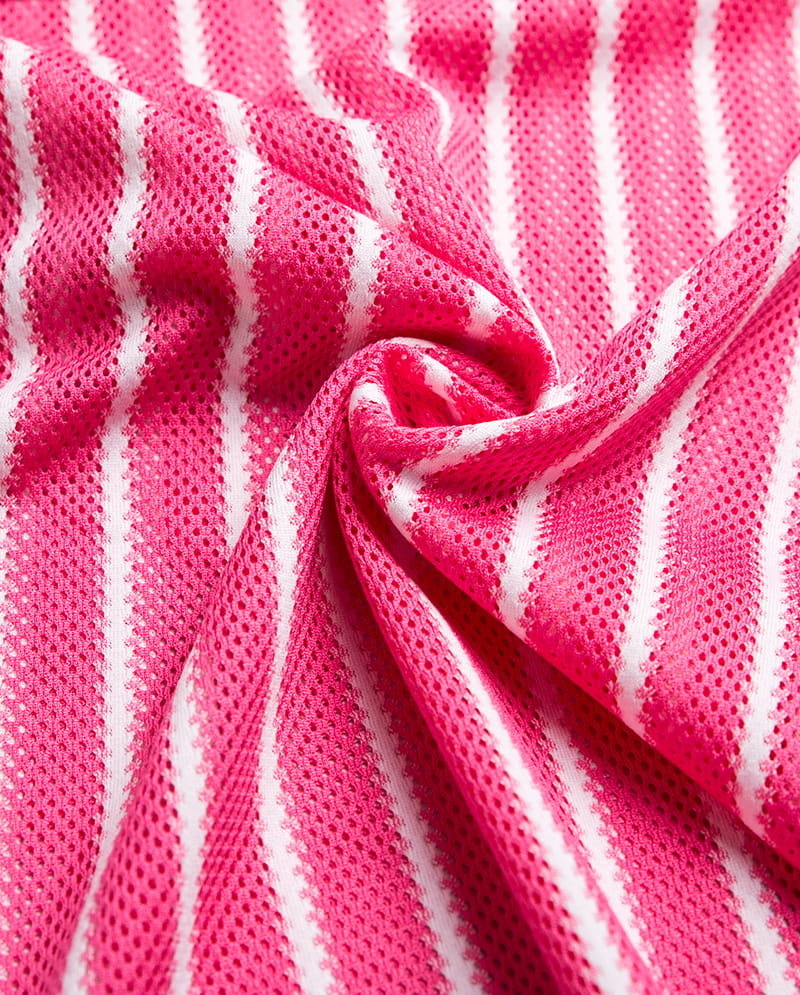

Energy and water conservation
Saving energy and water is one of the key sustainable practices in the production of knitted fabrics. Manufacturers can use efficient production equipment and processes to reduce energy consumption. At the same time, by optimizing the production process and adopting a circulating water system, the use of water resources can be effectively reduced, and wastewater can be treated and recycled.
Recycling and Recycling
In the use of knitted fabrics, recycling and recycling are key strategies for sustainable development. By recycling and reusing discarded knitted fabrics, you can reduce the consumption of natural resources and reduce waste emissions. In addition, some innovative design and production methods, such as detachable and adjustable parts, can extend the service life of knitted fabrics and reduce waste.
Sustainable practices in the production and use of knitted fabrics include the use of sustainable fibers, conservation of energy and water, and recycling and regeneration. These innovative practices help reduce the impact on the environment and promote the textile industry towards sustainable development. As consumers, we can also choose to contribute to environmental protection by purchasing and supporting knitted fabric products using sustainable practices.

 English
English 中文简体
中文简体
